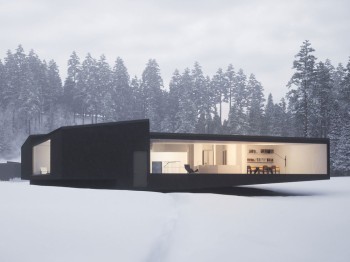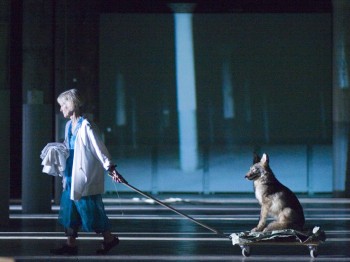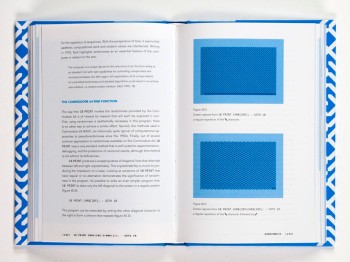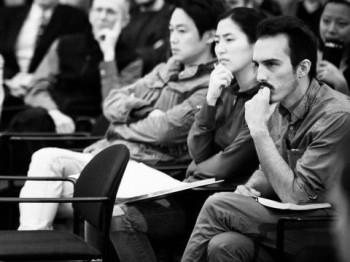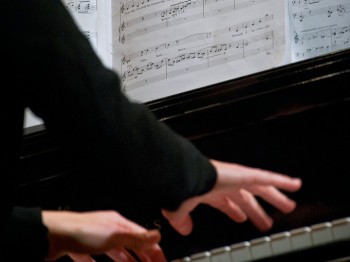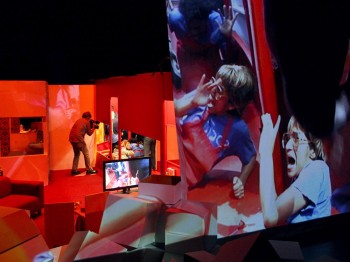MIT Comparative Media Studies/Writing offers an innovative program that applies critical analysis, collaborative research, and design across a variety of media arts, forms, and practices.
It develops thinkers who understand the dynamics of media change and can apply their insights to contemporary problems. It cultivates practitioners and artists who can work in multiple forms of contemporary media. Its students and research help shape the future by engaging with media industries and the arts as critical and visionary partners at a time of rapid transformation.
CMS/W is devoted to understanding the ways that media technologies and their uses can enrich the lives of individuals locally, across the U.S., and globally. CMS/W faculty, researchers, and students share a deep commitment to the development of pioneering new tools and strategies which serve the needs of diverse communities in the 21st century.
Offers:
Major
Minor
Concentration
Master
Events
